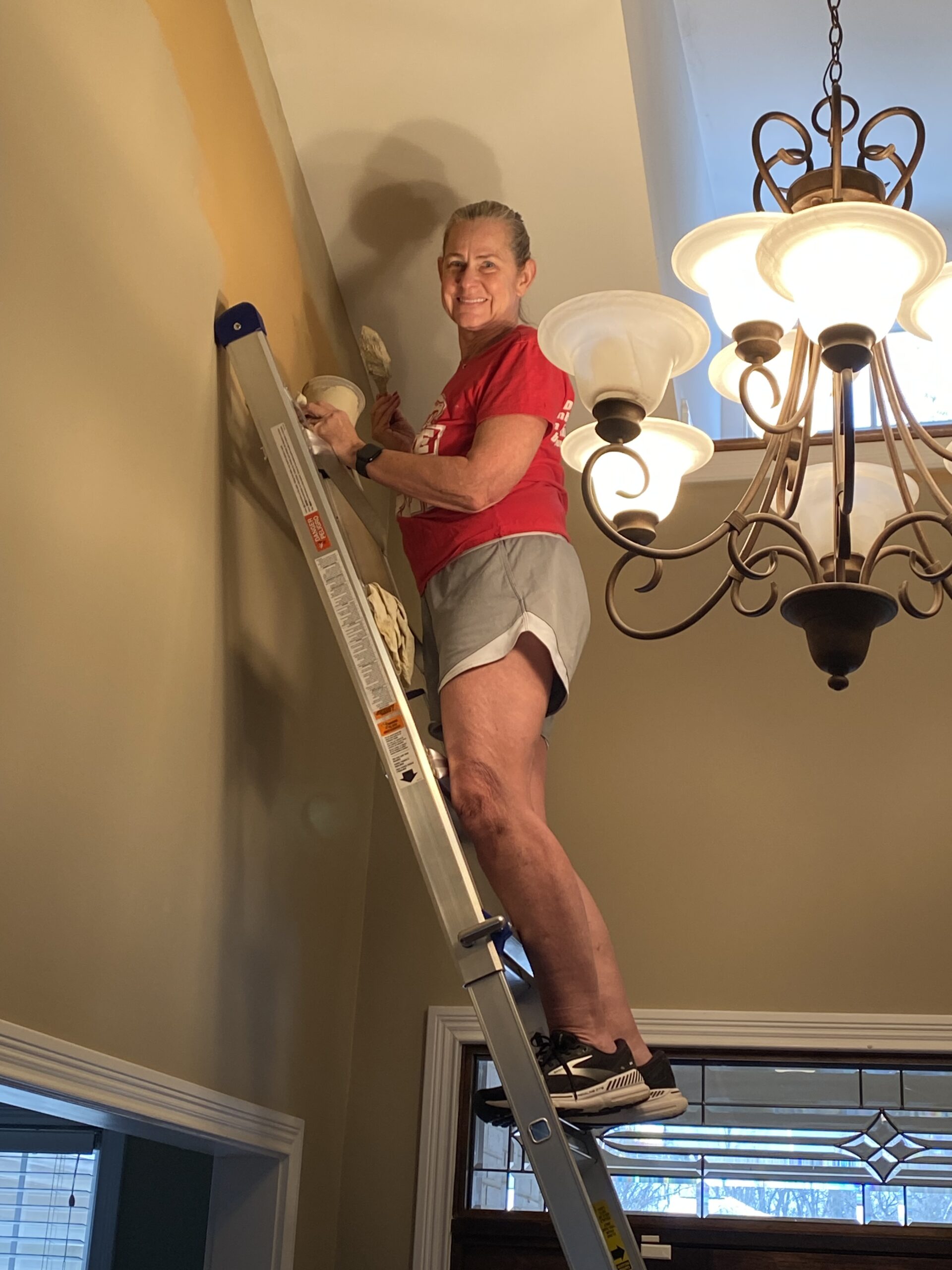your spot for All things Life coaching
Tammy's New Path Blog

read post
⭐️ Book Review: Theo of Golden by Allen Levi Every so often, a book comes along that feels less like a story and more like a gentle invitation—an invitation to come home to yourself, to God, and to the deeper truths that have always been waiting for you. Theo of Golden is one of those rare books. I picked it […]
⭐️ Book Review: Theo of Golden by Allen Levi Every so often, a book comes along that feels less like a story and more like a gentle invitation—an invitation to come home to yourself, to God, and to the deeper truths that have always been waiting for you. Theo of Golden is one of those rare books. I picked it […]

For years, I put off painting our foyer. It wasn’t that I didn’t want it done — I did. I dreamed of how fresh and bright it would look. I imagined how good it would feel to finally update it. But I didn’t actually want to do it. It was one of those projects that felt big, […]

Most women don’t realize they’re living life half-awake — going through the motions, meeting everyone’s expectations, and carrying responsibilities they were never meant to shoulder. If that feels familiar, you are not alone. The truth is this: God designed one life for you. Not a version shaped by fear, people-pleasing, or exhaustion — but a life marked […]

I sat stunned when she said it: “You don’t have to believe everything you think.” Wait… what??? “Yes,” she continued, “just because someone says something doesn’t make it true. And just because you think something doesn’t make it truth either.” That one sentence changed everything — and it’s the core of good coaching. Because while we can’t […]

We all have moments in life that shake us.Moments that expose what we didn’t know we were still carrying.Moments that force us to confront the beliefs we’ve built our life on. For me, one of the hardest seasons of my life was a season I never expected and didn’t feel prepared for. I prayed desperately […]

If you’ve ever wondered what the difference is between counseling and coaching, you’re not alone. Both are supportive, client-centered services that help people grow and improve their lives — but they do so in very different ways. Understanding these differences can help you decide which path is the best fit for where you are right now on your […]

For most of my life, I didn’t think anything was wrong.I had a good life — or so I thought. I was working as a clinical counselor, doing the work I believed I was called to do. I had a husband, a home, a family I loved, and a private practice I had built with […]

In a world that seems to always draw our attention to what’s missing, gratitude has the power to shift our focus to what’s already present and good. It’s more than a polite “thank you” — it’s a healing practice that reshapes our emotions, strengthens our faith, and reorients our lives toward hope. Whether you are […]

It is New Year’s Day, a time to evaluate and purge all that is no longer serving you. This can be ideas, beliefs, habits… people… things. Letting go of the things that no longer serve us. As I was considering my own purging endeavors for the New Year (i.e. a basement full of clutter) I […]

For many the holidays are often seen as a time for joy, connection, and celebration. However, for many of my clients the holidays can be a source of anxiety, stress and guilt. Having spent much of the year avoiding certain family members, the holidays can be seen as an unavoidable mind field that serves to […]

Subscribe Here!
Receive valuable and transformational content for FREE! Delivered right to your inbox. WAKE UP to your ONE amazing life!
Subscribe to My Newsletter!
free resources
Socialize